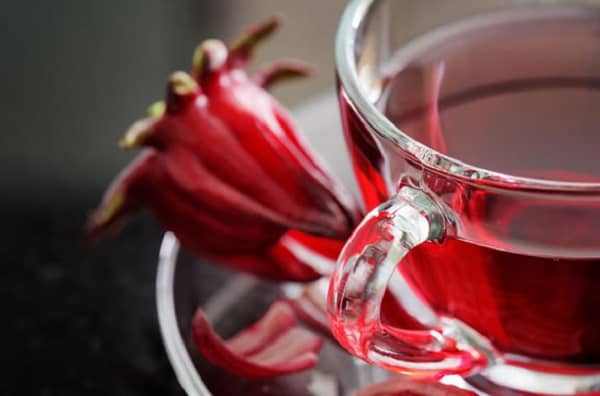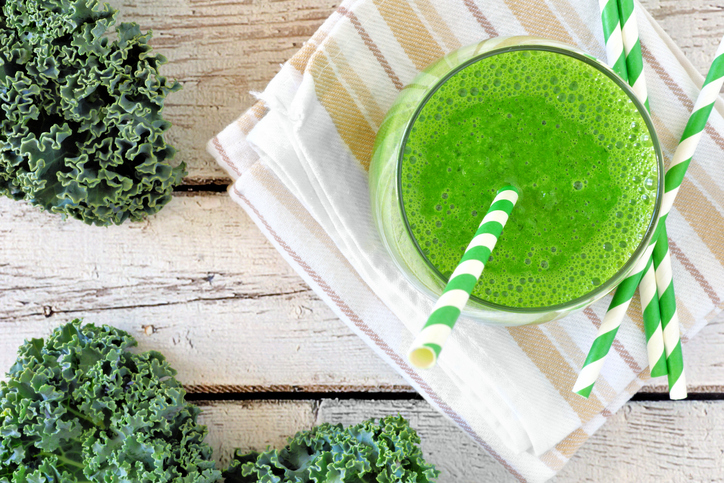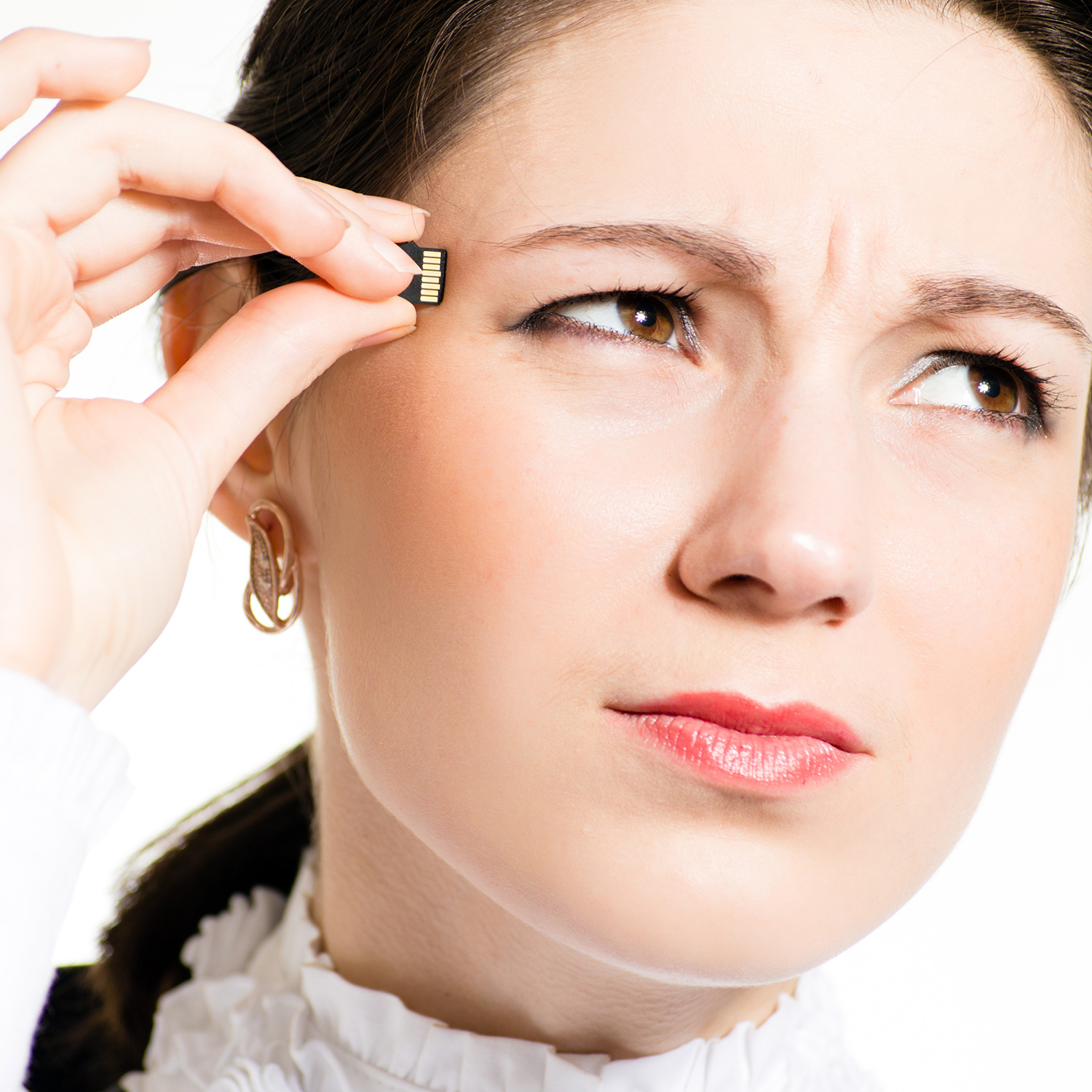
Why do we have to drink hibiscus?
Why do we have to drink hibiscus?
Hibiscus is one of the most famous and important herbal plants due to its use in many traditional remedies and folk medicines. But according to what was published by the Boldsky website, which is concerned with health affairs, getting the best benefit from herbs depends on the dosage and the appropriate method of preparation in order to reduce any potential side effects.
There are more than 200 different types of hibiscus in many colors, and perhaps the most common is the hibiscus “Rosa sinensis” known for its red colors.
Hibiscus can be used in several ways, depending on the type of disease. The most common forms of hibiscus are hibiscus tea made from its flowers and leaves, hibiscus oil, hibiscus paste, and hibiscus powder. Hibiscus can also be made into jams, sauces, or soups and used as cooking ingredients.
Diabetes
According to a scientific study, hibiscus rosa-sinensis has an anti-diabetic effect and can help reduce blood glucose in both healthy adults and people with diabetes.
Another study says that hibiscus can inhibit the absorption of carbohydrates in the intestine, and thus, can help reduce the rise in glucose after meals.
Diabetic pregnant women
Pregnant women with diabetes may have to face some additional challenges during their pregnancy. Complications include high birth weight, premature birth and stillbirth of the newborn.
A study showed that hibiscus can cause positive effects on pregnant women with diabetes and their offspring because it is rich in phenolic compounds and flavonoids.
slows down the progression of breast cancer
The results of a scientific study revealed that hibiscus extract, when combined with chemotherapy, can specifically stimulate the elimination of breast cancer cells and prevent its progression. Hibiscus can also help reduce chemotherapy doses and related toxicity during treatment by reducing oxidative stress.
High blood pressure
One study reports that the Hibiscus sabdariffa L. hibiscus flower has a low degree of toxicity and its decoction is used in many countries around the world to lower blood pressure. Consuming hibiscus daily can help lower systolic and diastolic blood pressure in people with mild to moderate hypertension.
The study showed that the anthocyanin pigment, which gives the hibiscus flower its distinctive color, is generally responsible for the hypotensive activity.
cure cold
Hibiscus contains some phenolic acids such as ascorbic, malic, citric and hydroxycitric acid.
These acids confer powerful anti-inflammatory and antioxidant effects against a range of illnesses, including colds, coughs and flu.
Hibiscus can provide instant relief from cough and cold when consumed as a tea. It can also be a great tonic for sore throats and mild headaches.
for the heart
Hibiscus helps treat various heart diseases such as high blood pressure and high cholesterol and thus maintains a healthy heart.
for skin
Hibiscus, especially its leaves, works as an excellent skin cleanser. Rubbing hibiscus leaves on the face and neck can help remove dead skin cells and black or white heads and make the skin soft and smooth.
The anti-inflammatory properties of hibiscus also help treat skin problems such as acne and dry skin. Hibiscus can also help slow down the aging caused by harmful UV rays by increasing collagen production and decreasing melanin synthesis.
for hair
Studies show that a paste made of ground hibiscus leaves and petals can be used for hair. Hibiscus is known to darken hair and reduce dandruff when used after shampoo.
Besides reducing hair loss, hibiscus can also help prevent premature graying.
wound healing
One study reports that hibiscus has a greater wound-healing effect than ointments and topical treatments commonly used to treat infected burns and skin infections.
Hibiscus helps in increasing cell growth and collagen formation at the wound site and promoting rapid wound healing, as well as reducing the signs and effects of wounds while relieving pain.
Other topics:
How do you deal with your lover after returning from a breakup?






